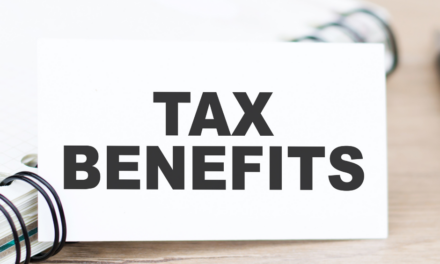April 15 may seem a ways away, but did you know that keeping taxes in mind all year will actually help the weeks before April 15 go much more smoothly, and may even save you money? Tax season is not the only time we should be thinking about our taxes. You can save money on your taxes months from now by considering the following tips for the rest of the year.
Save Money By Managing Your IRAs
A certain amount of your income can be placed in an IRA to save for retirement. That money is tax-deductible, meaning you don’t pay taxes on it for this tax year (though you may have to pay taxes on it years from now when you retire and want to use it). That means you can reduce the amount of income you are actually paying taxes on. The regulations on how much tax-deductible income you can place in an IRA per year can change, so it’s wise to revisit IRA regulations each year.
Keep Track of Deductions
There are two ways to get tax deductions – there’s a standard deduction, which is a set amount, or you can do itemized deductions based on specific expenses you have paid throughout the year, which can total to more than the standard deduction and can, therefore, be more beneficial to you. There may be several deductions you can take from your taxable income based on how you spent your money during the year. Charities are often tax deductions, as well as property taxes, medical expenses, and, if you are a teacher, you can even deduct expenses paid for classroom supplies. Consult with your accountant to learn about all the deductions for which you are eligible. These deductions will save on the amount of taxes you owe the government.
Check How Much You Are Withholding From Your Paycheck
When you start a job, you fill out a W-4 form which tells your employer how much taxes to withhold from your paycheck. This information is based on if you have any dependents, as well as your personal preference. It’s valuable to check in with your employer to make sure you are still comfortable with how much of your paycheck is being withheld. If your employer withholds too much, you will get that money back at the end of the year, but it might be helpful to have that money throughout the year instead.
Self-Employed? Stay Extra Organized
The last thing you want when you are self-employed is to be surprised by the amount you owe in taxes. It’s easy to forget that taxes are not being taken out of your paycheck during the year. Did you know those who are self-employed should be paying taxes on a quarterly basis? That helps to offset a huge tax payment at the end of the year. Another helpful strategy is to set aside a percentage of your income in a separate account dedicated towards your tax payment. This way, you don’t consider that money part of your net income and don’t miss it when you have to pay it to the government. Discuss with your accountant how much money you should set aside and how to actually go about paying your taxes when you are self-employed.
Save Money on Your Taxes With Help From a Professional
While there are those who like to file taxes themselves, an experienced accountant, like the ones at DeSantis, Kiefer, Shall, & Sarcone, is a valuable person to have on your team when dealing with taxes and finances. An accountant can make sure you are taking advantage of all the benefits available to you and will make sure there are no mistakes when filing your taxes. Get started thinking about your taxes now so you can save money later!






